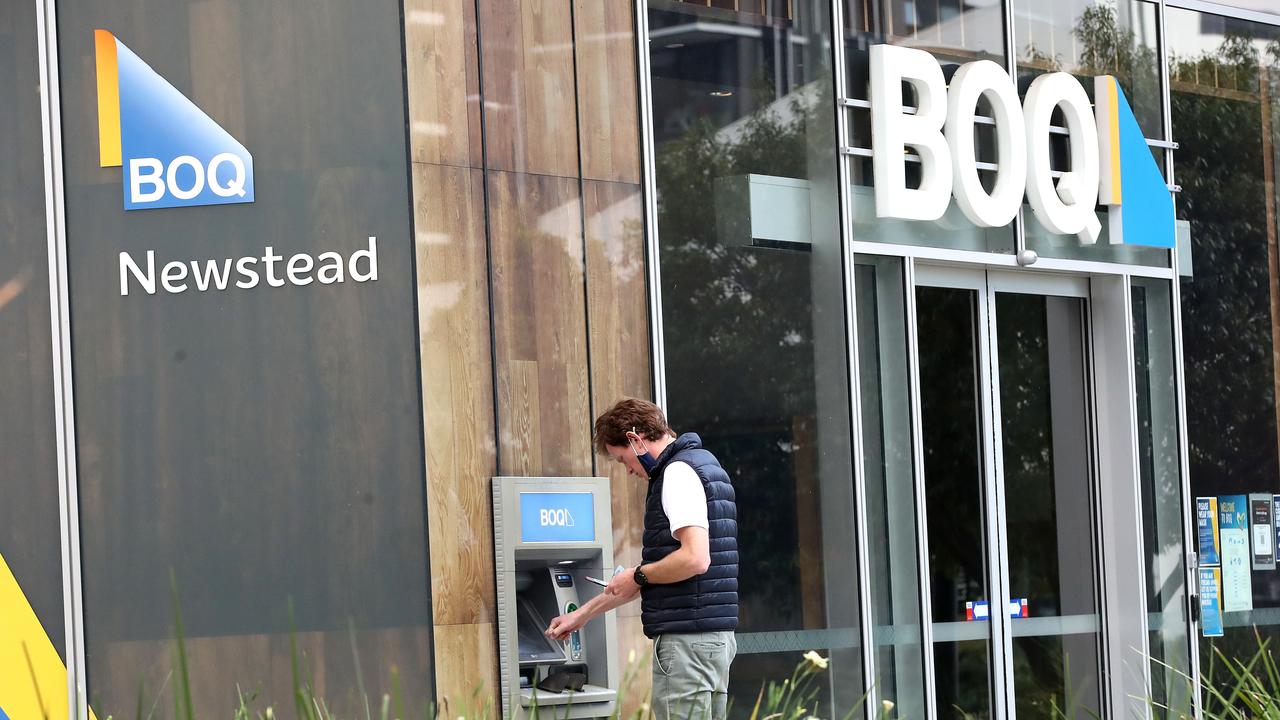Zip Co retreats from UK expansion, posts $1bn loss on back of bad debts and writedowns
Buy now, pay later provider Zip has posted a $1.05bn loss, and announced plans to pull back from costly overseas markets.

Zip Co lost more than $1bn in the financial year to June 30, with the buy now, pay later company signalling its exit from the UK as it struggles to break even.
Zip reported an impairment charge of $821m for the financial year with the goodwill and acquired intangibles for the UK, and its Twisto and Spotii businesses written down to zero
The group recorded a loss of $1.02bn in the period, compared to a $697m loss in the prior financial year. However, revenues rose 57 per cent, from $394m to $620m, in that time.
Zip’s results show a 50 per cent growth in transaction volumes from $5.7bn to $8.6bn, with the largest increase in Europe, the Middle East and Asia. Transaction volumes also grew at an above-average 68 per cent in the US.
Cash earnings losses came in at $207m, in line with expectations of some analysts including those at Citi. The investment bank’s researchers, led by Siraj Ahmed, said there was improving loss trends and profitability in the Asia-Pacific. Marketing spending was also below expectations.
However, Mr Ahmed wrote in a client note that cost cutting had increased “but not enough in our view”. “Zip has increased its annualised cost savings to $50m, from $30 previously. However, our forecasts assume a $70 decrease in (operating expenses),” he wrote in a note on Thursday.
Zip chief executive Larry Diamond said: “As we look back on the past 12 months, it’s clear the world is vastly different than when we started the year.
“In our half-year results we acknowledged changes in the external environment were quicker and more severe than first anticipated. We changed strategy and shifted to delivering sustainable growth, right-sizing our global cost base and accelerating the path to profitability.
“To that end, I want to share that we have already delivered on a number of initiatives to reduce cash burn, manage credit losses and improve unit economics. Our ability to pivot and adapt to the new world showcases the resilience and viability of our business model as we focus on the opportunity ahead in FY23.”
Zip said it had finished a review of its performance and, in a bid to push for profitability, it had closed its Singapore and UK operations and discontinued the group’s Pocketbook, Trade and Trade-Plus products.
Mr Diamond said the end of Zip’s UK business was aimed at reducing cash burn. “We have also been undertaking a strategic review of our rest of world footprint to determine how we can best allocate capital to generate long-term shareholder value,” he said. The company said it was targeting profitability by the first half of the 2024 financial year.
Entering the UK market in December 2020, Zip has pumped tens of millions of dollars into the business, hailing the company as a “a true global BNPL leader”.
It has reported significant growth after making several acquisitions in the period, including in India, the Middle East, Turkey, and Central and Eastern Europe. This saw Zip add 1.2 million customers from these acquisitions.
The lender reported a lift across its merchant and customer base, and businesses on the platform hit 90,700 – up 76.8 per cent.
Jarden analysts Elise Kennedy and Tim Halliday said Zip’s Australian results, which saw the lender post $28m in cash earnings from the market, showed the company could deliver profitability “when there is scale and favourable unit economics”.
Zip shares fell 2 per cent, or 2c, to close on Thursday at 95c. The company’s share price has collapsed by 86.5 per cent – or $6.11 – since the start of the year.








To join the conversation, please log in. Don't have an account? Register
Join the conversation, you are commenting as Logout